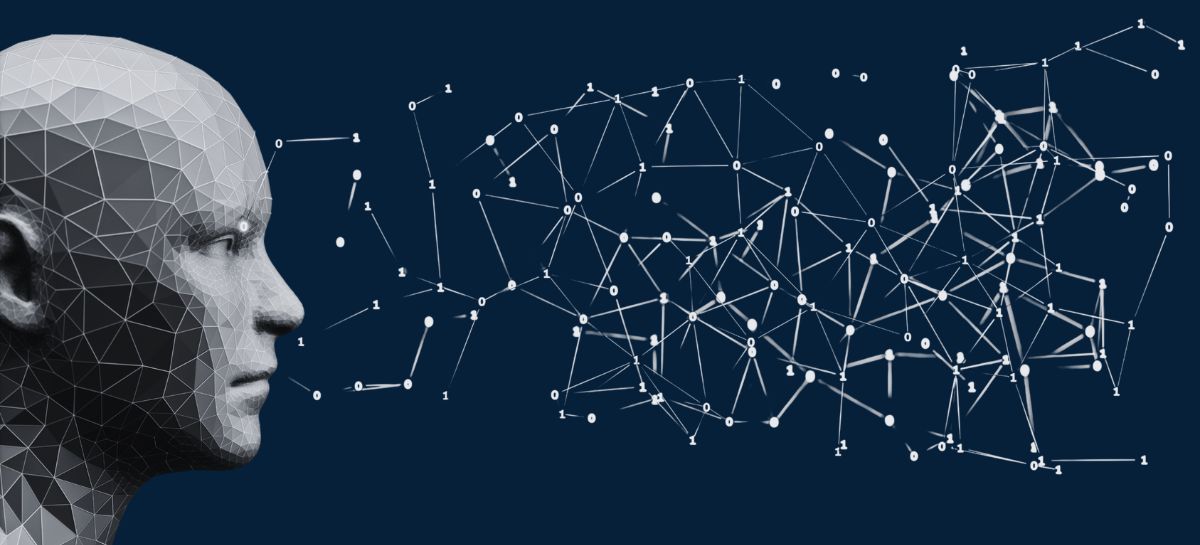
By Jacob Mchangama and Jordi Calvet-Bademunt
This week, Anthropic CEO Dario Amodei publicly defended his company against White House artificial intelligence czar David Sacks’ accusation that Anthropic is building “woke AI.” In other words, the leader of a $183 billion AI company found himself reassuring the current administration that his company’s AI chatbot wouldn’t spread “ideological bias.”
Despite the Trump White House’s claims to champion free speech and AI innovation, the administration is simultaneously pressuring private companies to align their AI systems with its own definition of acceptable viewpoints. This comes as the administration deploys similar pressure tactics against broadcasters and universities to compel them to conform to government-approved viewpoints.
Yet, new research reveals both good news and a warning for America’s leadership in AI. According to a comprehensive report released this month by our organization, The Future of Free Speech at Vanderbilt University, the U.S. currently ranks as the most speech-protective country for generative AI among major economies.
Analyzing both legislation and corporate practices across six jurisdictions — including China, the European Union, India, Brazil and South Korea — the study found that America’s First Amendment protections and light regulatory touch have created an environment in which AI can flourish without heavy-handed government interference.
But this lead is fragile. The Trump administration’s “anti-woke” AI agenda and a patchwork of worrying state laws threaten to undermine the very openness that made American AI companies global leaders.
Read More

